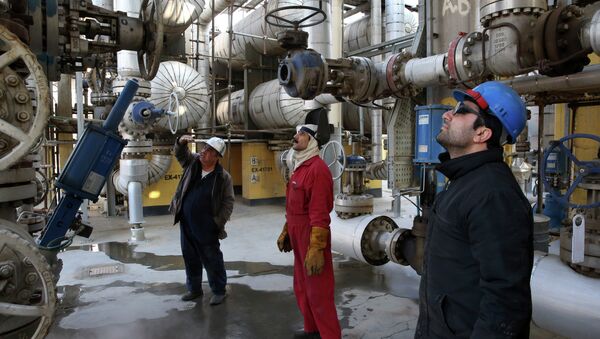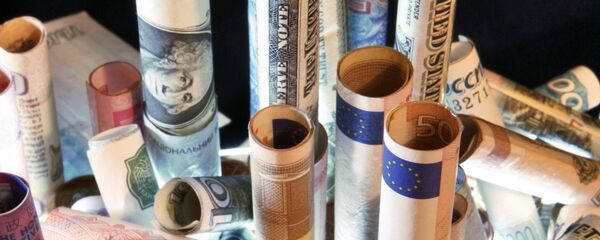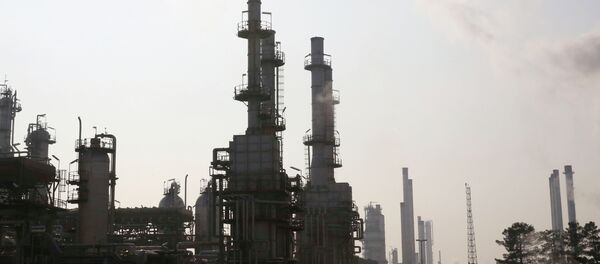"At first glance the decision about de-dollarization of Iranian oil looks to be more politically than economically motivated and justified. Even some analysts have been quick to announce that this step by Iran is nothing more than an attempt to break the American petrodollar systemic hegemony in the Middle East," Esfahani said.
"But this is much deeper than just propaganda. Iran suffered a lot during sanctions. A significant amount of assets acquired through the sale of oil were frozen. Today the US is making new threats to impose sanctions because Iran has tested ballistic missiles."
"That is why the decision not to trade in dollars is an attempt to protect Iranian assets from new unilateral US sanctions."
As well as avoiding more US sanctions, Esfahani said that it will be beneficial for Iran to trade oil with China and European countries for their national currencies because Iran also actively trades other goods with them.
However, he said that while Iran would prefer to avoid dollars, the dollars' position as the international currency means that Tehran's room for negotiation is currently limited.
"Today, the dollar is the main currency of many countries' reserve funds, and in particular is the basis of China's currency reserves."
"That's why if the dollar's position weakens, then China is also going to suffer," Esfahani explained.
Germany-based economist and energy expert Mohsen Maghsoudi told Sputnik Persian that ultimately Iran has to negotiate with customers about the price and currency of the oil it sells.
"Here everything depends on the customer. As you know, Iran's oil minister said today that the country wants to increase its oil production to one million barrels a day. But finding buyers for that volume of oil is one of the most difficult tasks for Iran," Maghsoudi said.
"If, for example, China's currency reserves are in dollars, then it is necessary to see how much China wants to trade using its own currency, whether that will be beneficial or whether it will strengthen the yuan."
"Chinese economists and experts need to make their forecasts. In any case, a decision about transitioning to another currency for oil trading needs to be beneficial for all the players."
"The main idea is not simply to reject dollars in favor of euros or yuan, but to find the most beneficial price at which to sell more oil," Maghsoudi explained.




